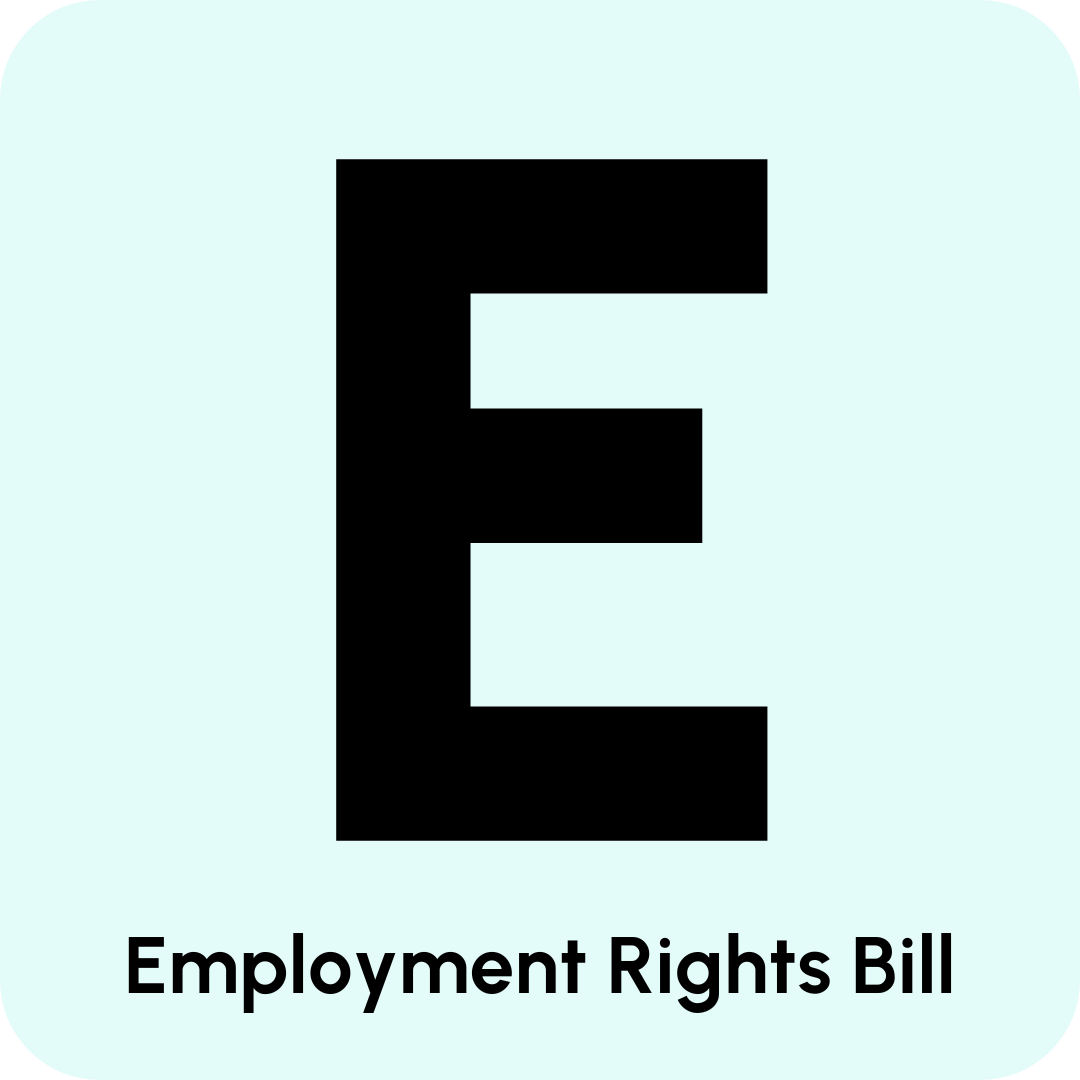What is the Employment Rights Bill?
The Employment Rights Bill (ERB) is a wide-reaching piece of UK legislation that aims to modernise employment law and create a fairer balance between workers and employers. First announced in the Government’s policy agenda, the Bill brings together a series of reforms that impact how businesses recruit, manage, and retain staff.
Its core focus is on:
- Strengthening workplace protections.
- Increasing flexibility for workers.
- Ensuring predictability in contracts and working patterns.
- Expanding family-friendly rights.
For employers, the ERB represents one of the most significant updates to employment law in over a decade, requiring careful preparation to avoid risk.
What does the Employment Rights Bill mean in HR?
The Bill introduces new employee rights and employer obligations that directly impact HR processes, contracts, and policies. Key measures include:
Flexible Working as a Day-One Right
- Employees can request flexible working from the first day of employment.
- Employers must handle requests within a shorter timeframe (likely reduced from 3 months to 2 months).
- Refusals must be justified with one of the statutory reasons.
Predictable Working Hours for Zero-Hours and Agency Workers
- Workers will have the right to request a predictable working pattern after a qualifying period (e.g. 26 weeks).
- Designed to protect staff in sectors relying heavily on casual or variable hours.
Stronger Redundancy Protections for Parents
- Pregnant employees and those returning from maternity, adoption or shared parental leave will gain priority for redeployment opportunities.
- Reduces risk of discrimination claims during redundancy exercises.
Reforms to Unfair Dismissal and Probationary Periods
- The Bill may lower the qualifying period for unfair dismissal claims, meaning employers must manage probation periods more carefully.
- Dismissals will face greater scrutiny at tribunals.
Enhanced Family Leave and Pay
- Extension of statutory leave rights to cover broader groups of employees.
- Simplified processes for requesting and managing leave.
Strengthening Enforcement and Worker Protections
- Improved access to employment tribunals.
- Potential introduction of single enforcement bodies to monitor compliance.







